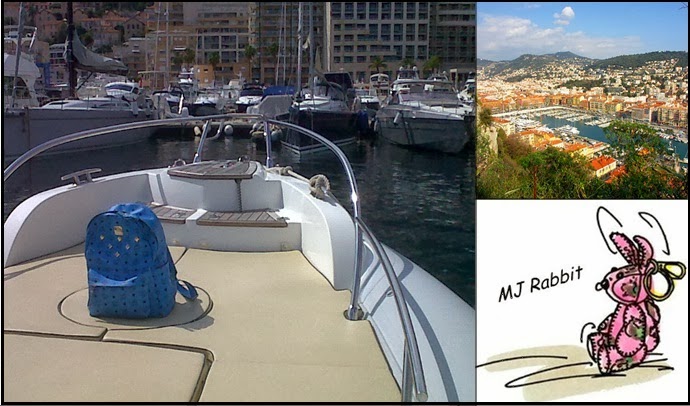Few brands have the fascinating and authentic backstory enjoyed by Swiss herbal drop specialist Ricola. This 88-year-old company, helmed by Chairman and CEO Felix Richterich and based in the Swiss rural town of Laufen, manages to tap into many of today’s major consumer trends, in a quiet, unassuming Swiss manner.
Take, for example, Richterich’s belief that all Ricola products must relate to its Swiss mountain setting. Thanks to its research and development team, the company develops recipes and ingredients that stay quite close to consumer trends, but do not slavishly follow them.
“Most of our ingredients are natural, and all products are made with natural flavorings and colorings. We have a cranberry flavour, for example, which is a power fruit. We want to be as unique as possible but we don’t want to be too exotic,” explains Richterich, speaking at the company's headquarters.
 |
| Ricola CEO Felix Richterich |
Today's informed consumer
Ricola introduced elderflower herb drops more than 10 years ago, so you could argue that the company actually helps set the ingredient trends.
The company follows the sugar debate, and has introduced the plant-based stevia sweetener to some products, making it a sugar-free, no-calorie consumer choice. Also, the company uses real honey as a natural sweetener in some products.
Richterich believes market positioning at point of sale is crucial. He wants to communicate to the consumer that its Swiss herbal drops provide a wellbeing benefit and aren’t just another candy. In travel retail, as in the domestic market, the brand insists on attractive displays. Ricola has undertaken sampling in Business Class lounges, notably with Swiss and Singapore Airlines, with great success. Dufry is currently hosting a sampling activity in Zurich Airport.
Ricola has embraced digitalisation, which Richterich believes is an opportunity for smaller brands, and uses social media to leverage its backstory.
And what a story it is. Take, for example, the fact that Ricola’s herb farmers grow the brand’s proprietary 13-herb blend in gardens specially selected for their herb-growing properties.
“Today’s consumer wants to know who is behind the product and brand and how a company is behaving. This is more and more important for today’s informed consumer. We will soon have 90 years of history in the Swiss valleys,” asserts Richterich.
 |
| Ricola herb drops |
Ricola has a sustainability policy and tries to improve it “constantly”, he says. “Our factory is energy-consuming, but we try to adapt it with solar cells on the roof and we use water tanks to store and reuse hot water. So we try to improve our footprint every year.”
Ricola’s authentic ‘Swissness’ even goes as far as its buildings. The company has a long-standing relationship with the world-famous Swiss architects Herzog & de Meuron, who designed Beijing’s National Stadium (known as the Bird’s Nest), among many other notable structures. Seven Ricola buildings were designed by these globally renowned architects between 1983 and 2014, including Ricola’s Herb Center in Laufen, which is the biggest clay building in Europe.
Another example of authenticity is the herb growing and production process. Simon Duppenthaler has grown herbs for Ricola on his idyllic farm in the Swiss mountains for 12 years. He farms 16 hectares of land for milk production, cattle- and pig-rearing, of which 1.5 hectares is given over to nurturing – by hand – Ricola’s 13-herb blend, all to Bio Swiss certification standards. This “magic” blend was created in 1940 by Felix Richterich’s grandfather, Emil Richterich.
Once the herbs are dried, they are taken to the Herb Center in Laufen, where both traditional and modern production processes are employed. Workers still use a pitchfork to turn the herbs as they dry, while state-of-the-art conveyor belts and machinery help transform the herbs into herb extracts for the end product. All Ricola herbal drops contain the 13-herb blend, to which is added the particular “lead herb” for the final product.
Another element of Swissness is in the contemporary artworks created by Swiss artists that are scattered throughout the Laufen headquarters so that the staff can enjoy them. And the Ricola Foundation, established in 2010 by Felix and his brother Lukas Richterich, seeks to promote and develop projects that study and enhance understanding of the natural and cultural foundations of human life. A worthy cause indeed.
*This article first appeared in Duty Free & Travel Retailing Magazine.
*This article first appeared in Duty Free & Travel Retailing Magazine.
